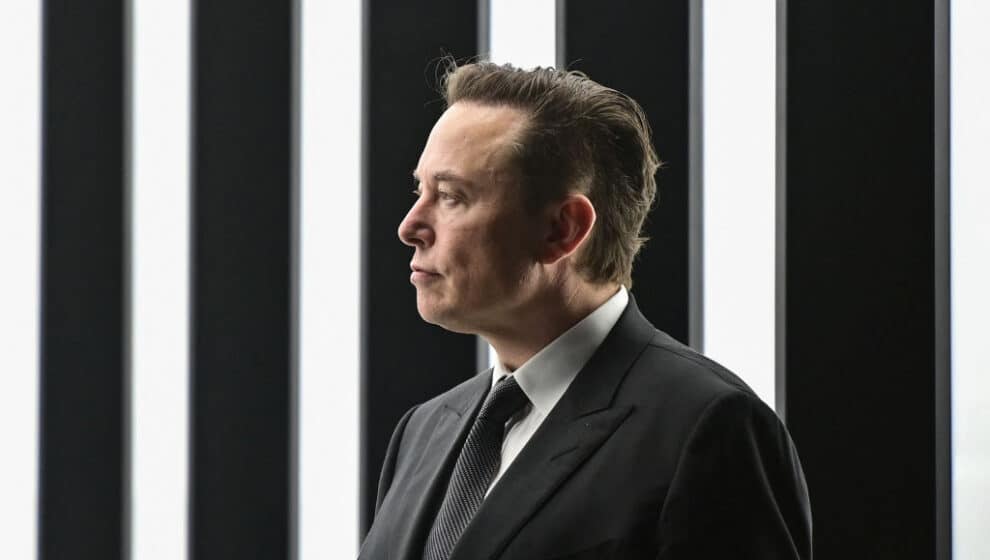Twitter shareholders voted to approve the company’s planned $44 billion sale to Elon Musk on September 13, but one important person reportedly skipped the vote—Elon Musk.
Key Details
- This week Twitter shareholders voted to approve the company’s sale to billionaire Elon Musk.
- Only about 60% of shares outstanding were voted at the meeting earlier this week to consider the deal, according to filings with the Securities and Exchange Commission.
- Overall, 459.6 million shares were voted at the meeting, the company said, but Musk was not one of the millions of votes.
Why it’s important
For months, Elon Musk has attempted to back out of his $44 billion deal to buy Twitter due to the platform having too many fake accounts and the company giving misleading data about itself.
He is the largest individual shareholder in Twitter, so him not voting is interesting.
Of the 459.6 million who voted, 453.1 million (98.6%) voted in favor of the plan to sell the company to Musk, while 4.1 million (0.9%) voted no and 2.4 million (0.5%) abstained, according to the company.
Musk holds 73.1 million shares, or 9.6% of the outstanding shares of Twitter as of Sept. 9 and people question whether he voted at all.
Many people think Musk did not bother to vote at all, considering the “yes” votes would have won regardless. Still, if he had voted his shares against the deal, it would have run up the “no” votes to about 77 million, reports The Street‘s Tom Bemis.
Others believe he skipped the voting because he no longer believes the deal has any validity. He has been preaching about how he should be able to abandon the deal, due to Twitter’s misleading data.
Regardless of which way he voted, the next step in the trial is the upcoming court date.
Backing up a bit
In April, Elon Musk announced that he held a 9.2% stake in Twitter, which made him the social-media company’s largest shareholder. Twitter’s stock price soared 25% after the announcement.
Later that month, the billionaire entrepreneur offered to buy all of Twitter at $54.20 per share—equaling about $44 billion. He said he originally invested in the platform because he believes it is failing in its potential to be the leading platform for free speech around the globe. In fact, he asked his 2 million followers if Twitter adhered to principles of free speech, and 70% said “no.”
Last month, Musk decided to back out of the deal, claiming there were too many fake accounts on the platform. Twitter has since sued Musk in Delaware Court of Chancery to complete the deal and requested the trial to take place in September. Musk, on the other hand, wanted to delay the trial until February 2023, stating that a case of this size takes time to prepare. Twitter was granted its wish of an expedited trial, with Chancellor Kathaleen McCormick, the presiding judge, setting a five-day trial for October.
Musk then countersued Twitter, stating his reason for the termination was due to Twitter not being upfront about the number of fake accounts on the platform.
Then, Elon Musk and his legal team subpoenaed Twitter’s founder and former CEO Jack Dorsey, to get him to release documents that provide accurate information on bots and spam accounts on the social-media platform and now these documents have come out from Zatko and Musk and his lawyers have subpoenaed him as well.
Last week, it was revealed that Twitter paid Zatko millions in hush money.
The big trial is set for October, unless it can be settled before that date approaches.

